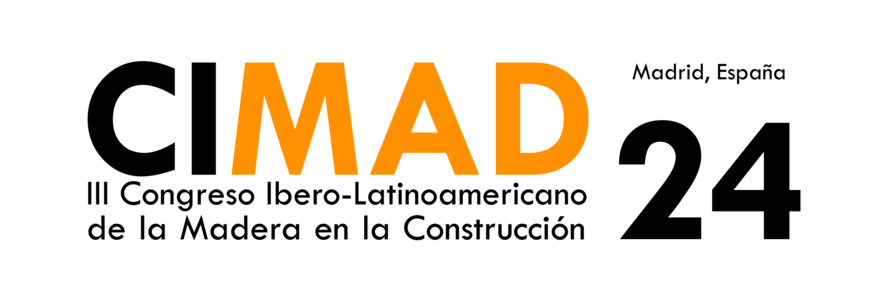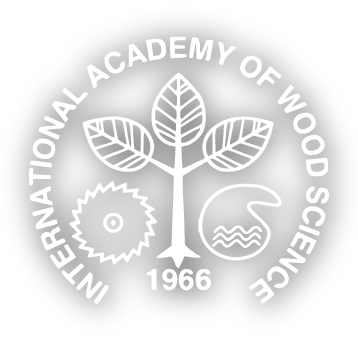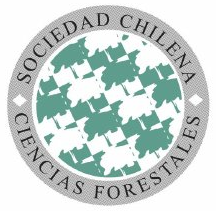Phytosanitation of mountain pine beetle infected lodgepole pine using dielectric fields at radio frequencies
Keywords:
dendroctonus ponderosae, dielectric heating, pasteurization, pinus contorta, radio frequencyAbstract
As an environmentally friendly alternative to chemical treatment, this research aimed to establish whether dielectric heating at high frequency of infested lodgepole pine (Pinus contorta) boards and logs, obtained from the mountain pine beetle devastated forests of British Columbia, can result in wood free of living fungi, nematodes and insects. The sample set contained 230 boards, 50x150 and 50x100 mm2 in cross-section and 20 logs, 200-300 mm in diameter; all tested specimens were roughly one meter long. The intention was to test the efficiency of two temperature/time combinations: 56ºC for 30min and 60ºC for 15min that were identified in past works as effective phytosanitary combinations. Data showed that both permutations eradicated all infestation levels and types. The electric field power density per treatment cycle ranged from 23 to 50 kW/m3 and the total heating cycle varied from 42 to 116 minutes for all pest and wood type combinations tested.
Downloads
Downloads
Published
How to Cite
Issue
Section
License
Copyright (c) 2015 Ciprian Lazarescu, Colette Breuil, Stavros Avramidis

This work is licensed under a Creative Commons Attribution 4.0 International License.
Los autores/as conservarán sus derechos de autor y garantizarán a la revista el derecho de primera publicación de su obra, el cuál estará simultáneamente sujeto a la Licencia de Reconocimiento de Creative Commons CC-BY que permite a terceros compartir la obra siempre que se indique su autor y su primera publicación esta revista.
































